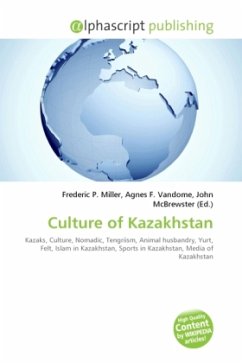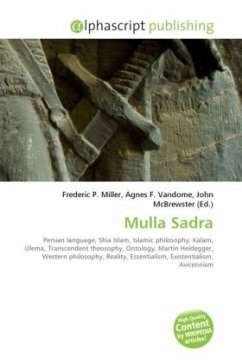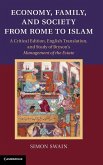Before the Russian conquest, the Kazaks had a well-articulated culture based on their nomadic pastoral economy. Although Islam was introduced to most of the Kazaks in the seventh and eighth centuries, the religion was not fully assimilated until several centuries later. As a result, it coexisted with earlier elements of Tengriism. Traditional Kazak belief held that separate spirits inhabited and animated the earth, sky, water, and fire, as well as domestic animals. To this day, particularly honored guests in rural settings are treated to a feast of freshly killed lamb. Such guests are sometimes asked to bless the lamb and to ask its spirit for permission to partake of its flesh. Besides lamb, many other traditional foods retain symbolic value in Kazak culture. Kazakh culture is largely influenced by a Turkic nomadic lifestyle and Islam. Kazakhs are typically Sunni Muslims. Because animal husbandry was central to the Kazaks' traditional lifestyle, most of their nomadic practices and customs relate in some way to livestock.
Bitte wählen Sie Ihr Anliegen aus.
Rechnungen
Retourenschein anfordern
Bestellstatus
Storno








